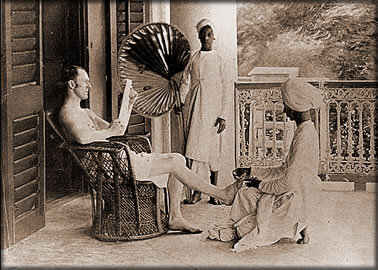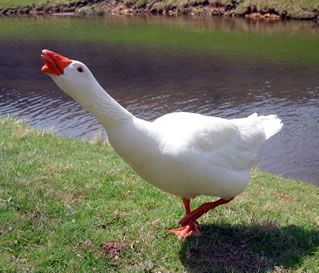美國駐日內瓦聯合國大使Andrew Bremberg週四曾在WHO執行委員會議上表示,「由於武漢肺炎迅速擴散,WHO清楚納入台灣的公衛資料並直接與台灣公衛機關合作是『技術上的必要』。」Bremberg大使的演說全文請見:https://bit.ly/3bok1dt #coronavirus #2019nCov #WuhanCoronavirus #CoronavirusOutbreak #WHO #WorldHealthOrganization
Andrew Bremberg, U.S. ambassador to the U.N. in Geneva, on Thursday told the WHO’s Executive Board that “for the rapidly evolving coronavirus, it is a technical imperative that WHO present visible public health data on Taiwan as an affected area and engage directly with Taiwan public health authorities on actions.” Read Bremberg’s speech here: https://bit.ly/3boKtnm
Ukraine Blames I.M.F. for Halt to Agreements With Europe
By DAVID M. HERSZENHORN
Ukraine's prime minister said his government's decision to walk away
from the pacts was based on fiscal imperatives, and ultimately prompted
by the I.M.F.'s overly harsh terms for an aid package.
imperative
Syllabification: (im·per·a·tive)
Pronunciation: /imˈperətiv/
Translate imperative | into French | into German | into Italian | into Spanish adjective
noun
Derivatives
Origin:
late Middle English (as a grammatical term): from late Latin imperativus (literally 'specially ordered', translating Greek prostatikē enklisis 'imperative mood'), from imperare 'to command', from in- 'toward' + parare 'make ready'dekko
Pronunciation: /ˈdɛkəʊ/
Definition of dekko
noun
[in singular] British informalOrigin:
late 19th century (originally used by the British army in India): from Hindi dekho 'look!', imperative of dekhnāHave a dekko
Meaning
Have a look.
Origin
Those of you who speak English but don't live in England may
not have come across this expression before and even here it is now rather
archaic. Nevertheless, I like to help keep such expressions alive, so here's the
derivation...
 'Dekko' is the usual
spelling, but as it is a slang term derived from spoken language the spelling is
somewhat arbitrary; sometimes 'decko', sometimes 'deko'. The proper spelling,
which is virtually never used, is 'dekho'....
'Dekko' is the usual
spelling, but as it is a slang term derived from spoken language the spelling is
somewhat arbitrary; sometimes 'decko', sometimes 'deko'. The proper spelling,
which is virtually never used, is 'dekho'....
'Dekho' is a Hindi
word meaning 'look'. The expression first began to be used by the British in
India in the middle of the 19th century and soon migrated back home with
soldiers on leave. The phrase was originally 'have a deck', which derived in the
same way but which has now gone out of use. 'Have a dekko' is first found in
print in January 1856 in an appropriate place - Allen's Indian Mail, a
newspaper devoted to news of India and China aimed at the families of servicemen
stationed there:
 Another odd-sounding
phrase in the British 'have a look' lexicon is 'have a gander'. This sounds as
though it could be a mispronounciation of a foreign word or possibly rhyming
slang. In fact, it's neither. It merely alludes to the bird's habit of
stretching its neck high when looking for predators.
Another odd-sounding
phrase in the British 'have a look' lexicon is 'have a gander'. This sounds as
though it could be a mispronounciation of a foreign word or possibly rhyming
slang. In fact, it's neither. It merely alludes to the bird's habit of
stretching its neck high when looking for predators.
The natives of the place flock round, with open mouths and straining eyes, to have a dekko.
'Have a dekko' was (and is) used mostly in the London area,
as are two other phrases with the same 'have a look' meaning - 'have a Captain Cook' and
'have a butchers', which are both rhyming slangrather
than foreign imports. 'Take a shufti', yet another London expression with the
same meaning, is a better match for 'have a dekko', being a foreign word
mispronounced by members of the British army, this time from the Arabic
word 'šufti', meaning 'have you seen?'.
 Another odd-sounding
phrase in the British 'have a look' lexicon is 'have a gander'. This sounds as
though it could be a mispronounciation of a foreign word or possibly rhyming
slang. In fact, it's neither. It merely alludes to the bird's habit of
stretching its neck high when looking for predators.
Another odd-sounding
phrase in the British 'have a look' lexicon is 'have a gander'. This sounds as
though it could be a mispronounciation of a foreign word or possibly rhyming
slang. In fact, it's neither. It merely alludes to the bird's habit of
stretching its neck high when looking for predators.
沒有留言:
張貼留言